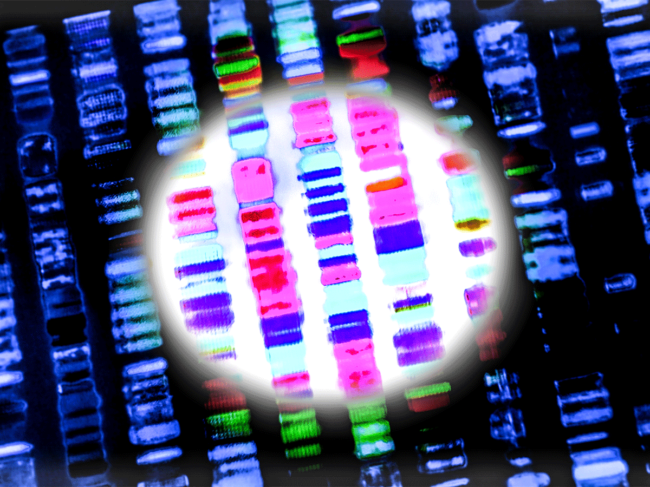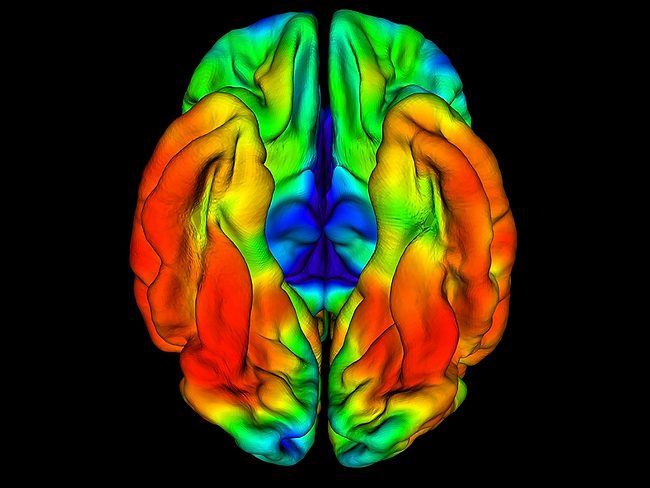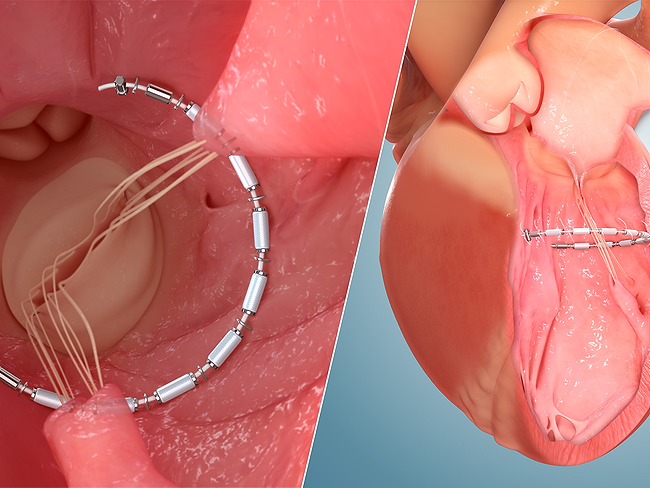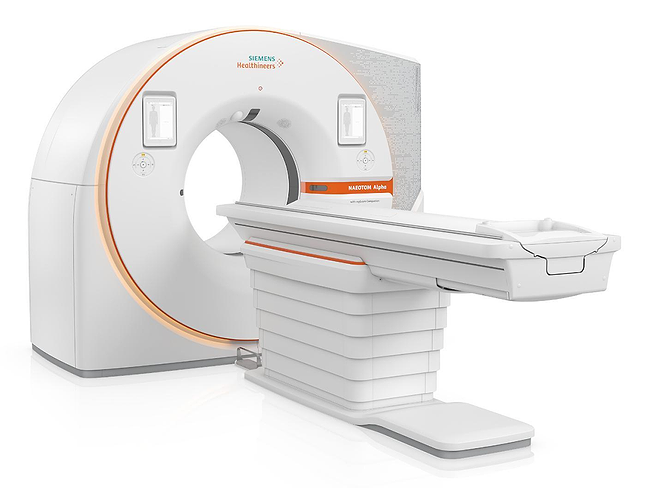
Conferences, BioWorld MedTech
Neurology/Psychiatric
Brain gene and cell strategies could ‘open the safe’ in neurodegenerative disorders
Read MoreVascular Access Society Congress
Xeltis synthetic vascular access graft shown to be patent in humans
Read MoreEuropean Association of Urology annual meeting






